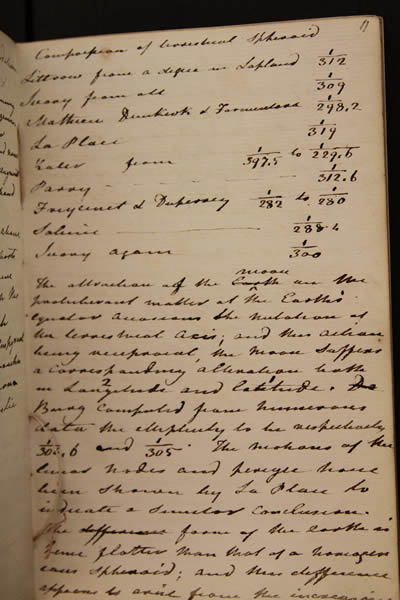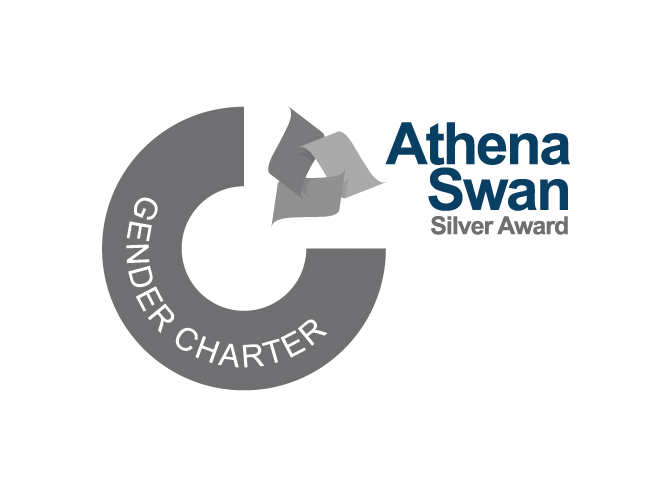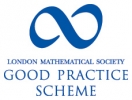History of Mathematics
The interests of the History of Mathematics research group include the following topics.
Women in mathematics

Estimating the ellipticity of the earth: a page from Mary Somerville’s notebook. (Courtesy of Somerville College and the Bodleian Library)
Although women have contributed to the development of mathematics for thousands of years, they are often under-represented in the histories told. By considering the life and work of women mathematicians we investigate broader issues such as: how women were educated in mathematics, or more often how they educated themselves; the ways in which access to mathematical knowledge and instruments was affected by gender; and how a mathematician's gender affected the type of work they produced. Our research group has looked specifically at the 19th century mathematicians Mary Somerville (1780–1872) and Sophia Kovalevskaya (1850–1891), as well as women in aeronautics during WW1 such as Hilda Hudson (1881–1965).
Collaborative couples and scientific households

Mileva Marić and Albert Einstein, who studied mathematics together whilst students at the ETH in Zürich during the 1890s. ETH Library, Public domain, Wikimedia Commons.
Collaboration is a vital part of mathematical research. By focusing on the collaboration that takes place at home, we can witness the many kinds of work – translating, editing, transcribing, observing, calculating – that go into producing and sharing new mathematical knowledge. Moreover, the changing ways in which people have constructed families and households over time significantly affected what it meant for someone to be “a mathematician”, whether that was as a profession, a vocation, or part of their household duties.
Other research areas
These include using history in the teaching of mathematics at undergraduate level to Contextualise the Curriculum; 19th century popular mathematics, especially the Society for the Diffusion of Useful Knowledge; the work of Edmund Taylor Whittaker (1873–1956); 19th century surface models; British mathematicians during WW1; and celestial mechanics and dynamical systems.
History of Mathematics Group
Central Academics
Emeritus Professors
Research Students
Paul Felton
Alison Maidment

